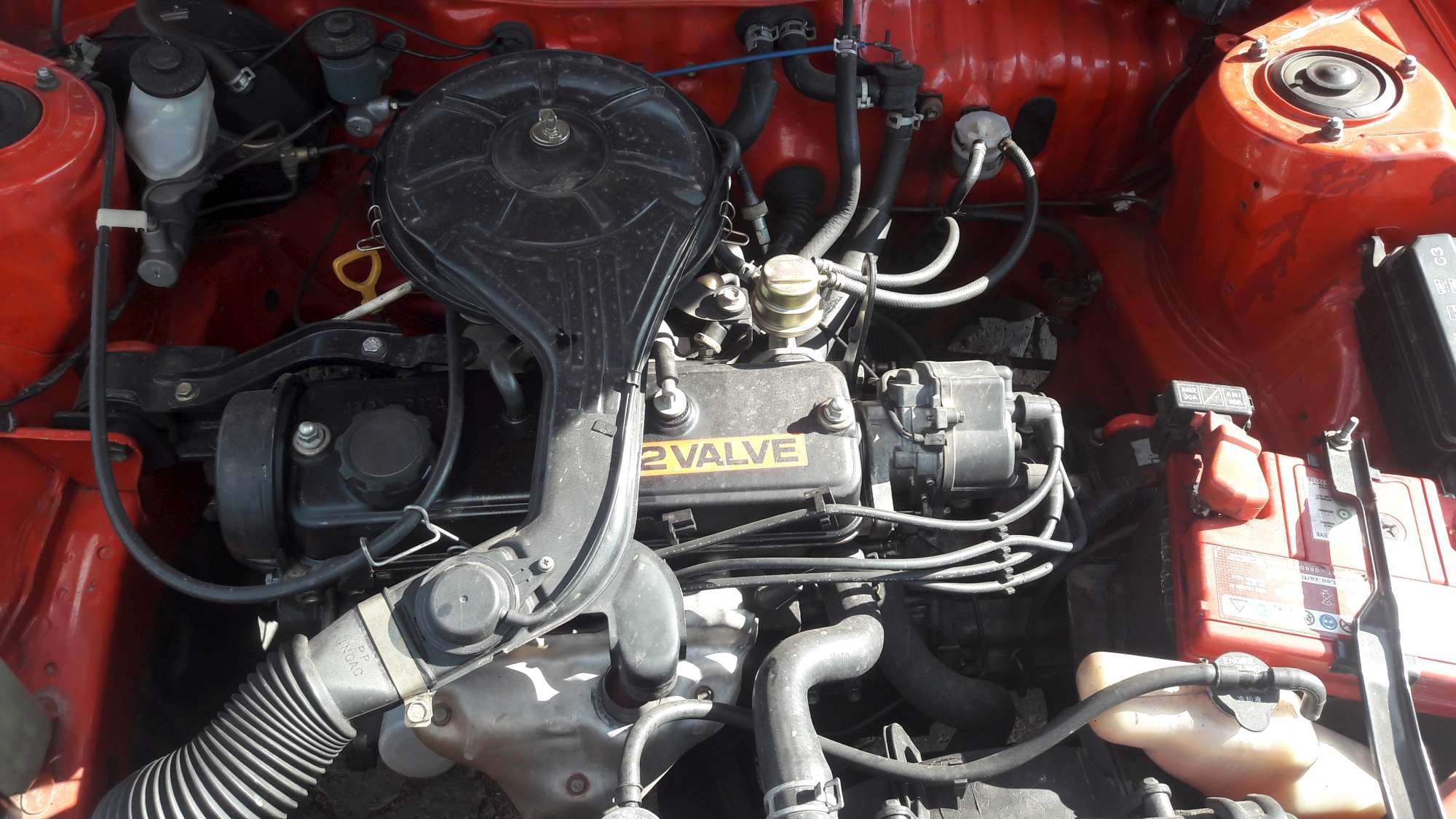Update Your Trip with Real Toyota Tazz Engine for Sale
Update Your Trip with Real Toyota Tazz Engine for Sale
Blog Article
Engine Acquiring Specialist Tips on Picking the Right Engine for Your Details Demands
Picking the best engine for your particular demands entails an intricate interaction of variables that exceed mere horsepower numbers. From power result to sustain performance, the decision-making process can be intimidating. Comprehending the nuances of engine types, sizes, and their compatibility with your lorry is vital. Nonetheless, there are experienced pointers that can help browse this terrain with confidence. By diving into the ins and outs of power versus efficiency, reviewing gas scores, and budgeting for long-lasting costs, one can absolutely enhance their engine selection.
Power Vs. Effectiveness: Finding the Equilibrium

When choosing an engine, it is critical to strike an equilibrium in between power and effectiveness to meet your specific needs successfully. Power refers to the engine's ability to generate energy for propulsion, figuring out aspects like acceleration, towing ability, and general efficiency (Toyota Tazz Engine For Sale). On the various other hand, efficiency relates to how well the engine makes use of fuel to generate power, impacting factors such as gas economy and ecological friendliness
Achieving the ideal equilibrium between power and efficiency is crucial since an engine that is too effective may consume too much fuel, bring about higher operating expense and unneeded pressure on the environment. Conversely, an engine that focuses on efficiency over power may lead to slow performance, particularly in demanding circumstances like pulling hefty tons or driving uphill.
To make an informed choice, consider aspects such as your normal driving conditions, the designated use the automobile, and your individual preferences. By reviewing your needs and priorities, you can choose an engine that strikes the excellent balance between power and performance, guaranteeing optimum efficiency while reducing ecological influence and operating expense.
Comprehending Engine Dimension and Kind
Usual engine kinds include inline engines, V engines, and rotary engines, each with its unique benefits and disadvantages. Comprehending the interplay in between engine dimension and type is vital in selecting an engine that lines up with your details needs and top priorities, whether it be power, performance, or a balance of both.
Consider Your Vehicle's Needs
If you are looking for an engine for a heavy-duty vehicle that will be utilized for towing, you will certainly need a powerful engine with high torque capabilities. On the various other hand, if you are picking an engine for a small cars and truck primarily used for city commuting, gas performance might be a more important factor to consider.

Examining Gas Effectiveness Scores
Evaluating fuel efficiency ratings is an essential aspect of picking the appropriate engine for your lorry, making certain expense savings and ecological sustainability. Gas performance scores, usually measured in miles per gallon (MPG) for gasoline engines or Click This Link kilowatt-hours per 100 miles (kWh/100 miles) for electric engines, indicate just how much a car can travel on a details quantity of fuel or electrical power. Greater MPG or lower kWh/100 miles values indicate much more efficient engines, translating to decreased fuel costs and lower carbon discharges.
When assessing gas effectiveness ratings, consider your driving habits and demands. If you commute long ranges daily, a very fuel-efficient engine can result in considerable cost savings over time. Additionally, compare various engine options within the very same car course to identify one of the most economical selection. Elements such as engine dimension, weight, aerodynamics, and crossbreed or electric abilities can all affect fuel performance.
Budgeting for Long-Term Prices
Purposefully intending for lasting expenditures is imperative when selecting an engine, guaranteeing financial sustainability over the car's lifespan. While the initial acquisition price of an engine is a significant aspect, it is vital to take into consideration the long-term costs linked with upkeep, repair services, and fuel consumption.
Additionally, researching the accessibility and cost of substitute parts for the picked engine is important in spending plan planning. By very carefully budgeting for these lasting expenses and factoring them right into the decision-making procedure, individuals can choose an engine that not just meets their instant demands but additionally remains economical throughout its lifespan.
Conclusion
In verdict, selecting the best engine for your details requirements calls for balancing power and effectiveness, recognizing engine dimension and type, considering your car's demands, assessing gas performance rankings, and budgeting for long-lasting expenses. By meticulously considering these factors, you can guarantee that you pick an engine that meets your needs and provides optimal performance for your automobile.
To additionally fine-tune the option procedure of an engine that strikes the optimum balance in between power and efficiency, it is important to dig into the intricacies of understanding engine size and type. Engine size refers to the total volume of air and fuel that can be pressed through the engine cylinders. Typical engine kinds include inline engines, V engines, and rotary engines, each with its distinct advantages and drawbacks. Understanding the interplay between engine size and kind is essential in picking an engine that straightens with your certain requirements and have a peek at this website priorities, whether it be power, efficiency, or a balance of both.
Gas performance scores, normally determined in miles per gallon (MPG) for gasoline engines or kilowatt-hours per 100 miles (kWh/100 miles) for electrical engines, suggest how much a lorry can take a trip on a particular amount of fuel or view electrical energy.
Report this page